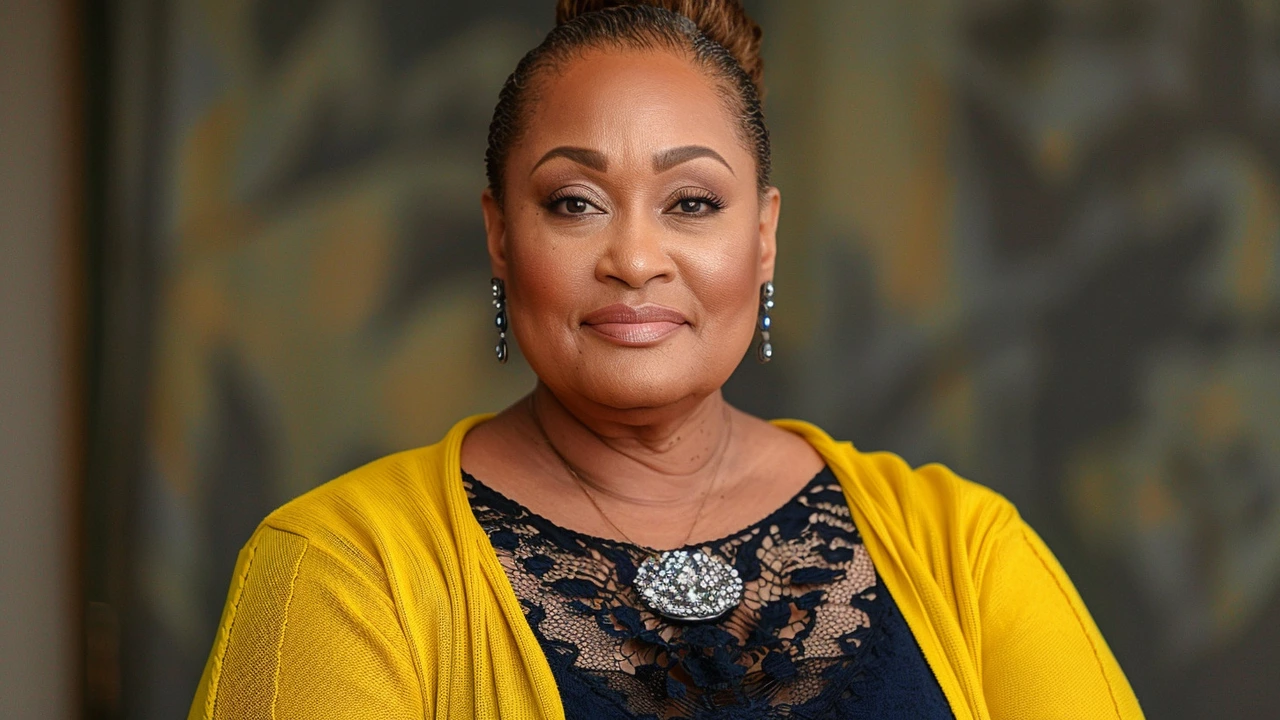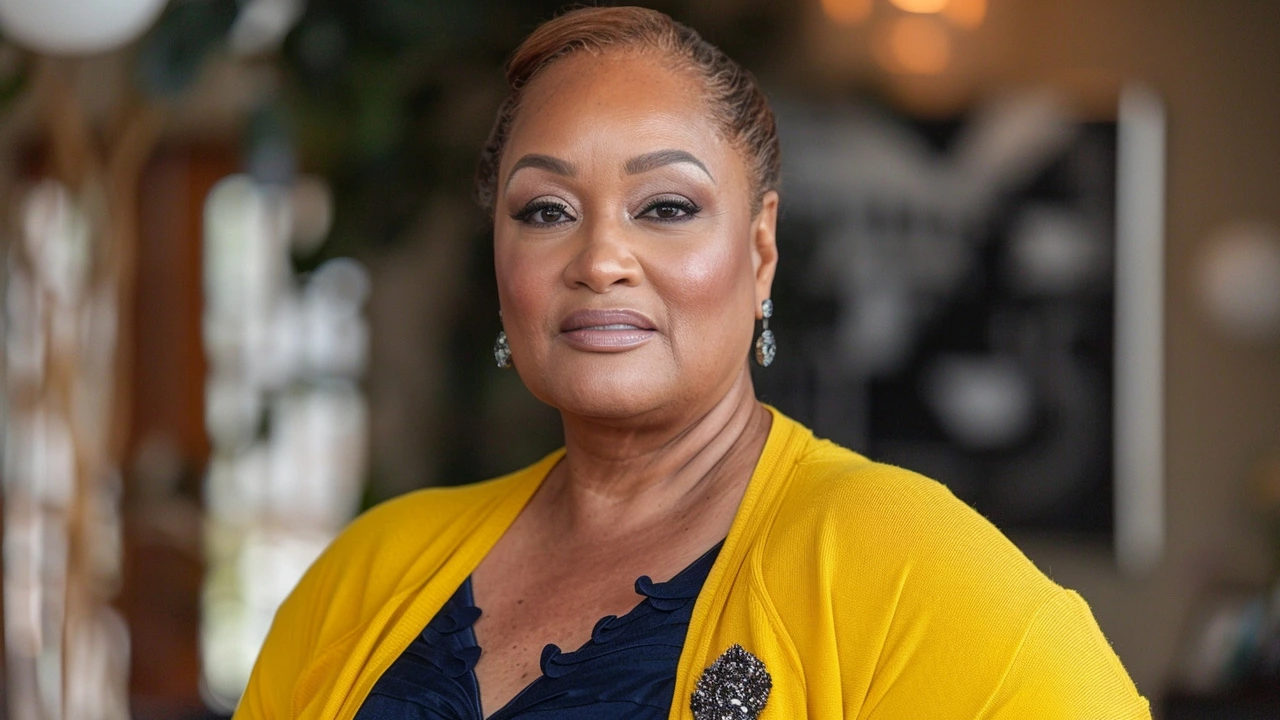Juneteenth: Understanding Its Historical Roots and Cultural Significance with Curator Mary Elliot

June 19, 1865, is a date that pulses with significance in American history. On that day, Union soldiers arrived in Galveston, Texas, with the news that the Civil War had ended, and enslaved African Americans were finally free. Despite the Emancipation Proclamation being signed by President Abraham Lincoln on January 1, 1863, it took over two years for this vital information to reach the last group of enslaved individuals in the United States. This day would come to be known as Juneteenth, a portmanteau of 'June' and 'nineteenth'.
In a recent conversation, CNN's Victor Blackwell delved into the rich history and enduring significance of Juneteenth with Mary Elliot, a curator at the African American Museum of History and Culture. Elliot provides an enlightening insight into this pivotal moment in history, emphasizing that Juneteenth represents not just the end of slavery, but also the beginning of a journey towards civil rights and equality that continues to this day.
Unpacking the Historical Significance
Juneteenth is more than just a commemorative date; it symbolizes a crucial victory in the prolonged fight against slavery. Elliot explains that the proclamation in Galveston not only liberated the remaining enslaved African Americans but also marked a significant shift in American society and its values. Across the country, former slaves sought to reunite with family members, rebuild their lives, and establish communities free from the oppression they had endured for centuries.
The Cultural and Community Aspects
But the importance of Juneteenth extends beyond its historical roots. Elliot highlights the cultural and community aspects of the celebration, stressing how it has become a time for African Americans to come together, reflect on their past, and honor their ancestors. Traditionally, Juneteenth is celebrated with family gatherings, community events, parades, and educational activities, all aimed at fostering a sense of unity and shared history. These celebrations serve as both a remembrance of the hardships endured and as a joyous expression of freedom and resilience.
Importantly, Juneteenth is not just an African American holiday but one that belongs to everyone. Elliot encourages people from all walks of life to participate in the celebrations. She believes that understanding and honoring Juneteenth can promote greater awareness and appreciation of African American history and culture, potentially bridging gaps between different communities.

Recognizing Juneteenth as a National Holiday
Despite its profound importance, Juneteenth was not widely recognized as a national holiday until recently. For many years, it remained a largely regional celebration, gaining formal recognition in various states over time. It wasn't until 2021 that Juneteenth was officially declared a federal holiday, a move that Elliot sees as a necessary step towards acknowledging and rectifying historical injustices.
The Ongoing Relevance of Juneteenth
As Elliot points out, Juneteenth is still exceedingly relevant in today's society. It serves as a powerful reminder of the progress made in civil rights and the continuing struggle for equality. The day is not just about looking back; it's about assessing where we stand now and what steps we need to take to ensure a more just and equitable future.
Mary Elliot’s perspective emphasizes that Juneteenth is a day for education and self-reflection. She passionately believes that through learning about the history of slavery, the Emancipation Proclamation, and the Civil Rights Movement, individuals can gain a deeper understanding of the issues that African Americans face today. It's an opportunity to engage in meaningful conversations, challenge discriminatory practices, and advocate for systemic change.

A Call to Action
During their discussion, Elliot and Blackwell also touch on the ways individuals and communities can observe Juneteenth. Elliot encourages everyone to participate actively, whether through attending local events, engaging with educational resources, or simply taking the time to reflect on the day’s significance. The key, she argues, is to approach the day with an open mind and a willingness to learn and grow.
The conversation concludes with Elliot’s powerful message: Juneteenth is not just about remembering the past but about striving for a better future. As we honor the sacrifices and achievements of those who came before us, it's crucial to remain vigilant in the ongoing pursuit of equality and justice for all.
Elliot’s insights serve as a poignant reminder of the enduring importance of Juneteenth. It's a day to honor history, celebrate progress, and reaffirm our collective commitment to creating a just and equitable society. In doing so, we not only pay tribute to the past but also pave the way for a brighter future.